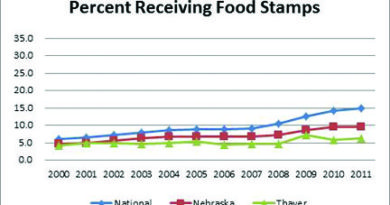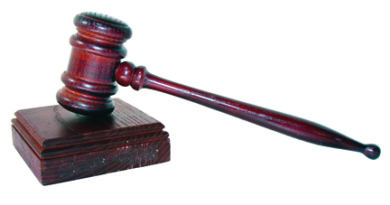Traveling in distant lands

Pastor Darrell Sutton of King of Kings Christian Fellowship stands with members of an underground home church in Kazakhstan.
Submitted by Pastor Darrell Sutton, King of Kings Christian Fellowship
Over 30 years ago, I lived in Istanbul, Turkey while working as a diplomat for the American consulate. I became a student of the Ottoman Empire. Travels to every corner of the country, the study of Turkish and a greater acquaintance with Turkic nationals led to my continuous labors in that area of the world over the last several decades.
Recently, I made another trip to a Central Asia, to the former United Soviet Socialist Republic of Kazakhstan. The visit entailed interviews, speaking engagements in various settings and private instruction on Christian and Islamic issues that I offered to parties in need of it.
Kazakhstan contains the largest land mass of any country in the region. Genghis Khan (1162-1227) is still revered there. The Mongol conquests he initiated are famous. When he died, Kazakhstan was divided between his three elder sons.
These localities are mostly inaccessible and mysterious. Horse is a delicacy there and remains a mainstay in their daily diet through a much-devoured dish named Bishbarmak. Along with camel, it is a meal served for festive occasions.
Adjacent to the Siberian plains, Kazakhstan shares a 4,700-mile border with Russia. It is a known fact that climates help form peoples’ cultures, so the colder snow-topped mountainous districts of the lands of the Kazakh peoples are legendary. Their winters are desperately cold. Originally, the area was utilized for exiles who fell into disfavor with the Russian government. Families whose opposition to Soviet ideals became a matter of public notice found themselves quickly and secretly expatriated to faraway districts among the Kazakh peoples.
After decades of such treatment, many persons never made it back to the provinces of Russia proper, but they married native residents and remained in the area.
The larger cities are advanced. Many of the conveniences one might find in Lincoln or Omaha are there in the capitol city of Astana. Almaty, the former capitol, being a larger municipality, has four million people within it and over 130 nationalities. Everyone knows the Russian language. There is a 100 percent literacy rate. Kazakh now is being taught in schools along with Russian since the country’s most recent name change requires such instruction for all citizens.
More than 450 nuclear tests have been conducted there since World War II, and the world’s largest space launch facility is there at Baikonur. The fall of the U.S.S.R. led to the collapse of many peoples beliefs in communism. The majority of the population always had been Sunni Muslim, as is the rest of Central Asia. In the last 20 years, a revival of Islamic fervor has bourgeoned.
Historically nomadic, their culinary traditions may not be to the liking of most westerners.
For example, I ate some tasty dishes of spiced horse meat and barbecue sheep. Camel’s milk, with its buttermilk rich taste, was served after many evening meals. Green tea, fresh breads with yogurt and rice dishes with carrots are common.
Horse meat in summer sausage form is often served at breakfast with different kinds of cheeses. Chicken is not so popular. I was told on more than one occasion that chicken is not meat and also not a bird.
Bakhlava is a celebrated Tur KAZAkic dessert. And homemade Kazakh toffee can be a mixture of dark and milk chocolate. Family units are tightly controlled. The oldest male and females in a family, by tradition, are supposed to give their oldest child to one set of grandparents to be raised by them.
This ensures that the older parents have help as the elderly years approach, and it provides opportunity for the grandparents to instill their wisdom in the succeeding generations.
The country sides are beautiful. Burger King, Starbucks, Pizza Hut and other American enterprises are in the country. American and German automobiles dot the roads. Tourists are hardly seen.
Go ye into all the world…




